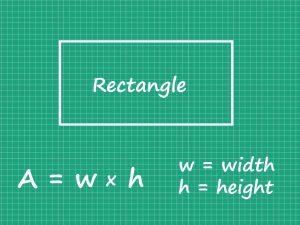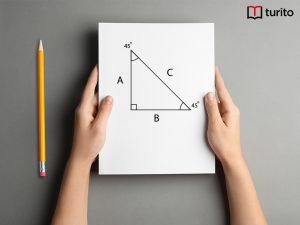A play is a story that is meant to be performed for a group of people.
Plays can be read aloud or acted out.
Plays have characters, settings, and dialogues.
A person who writes plays is called a playwright.
People who play the part of the characters are called actors.
Setting denotes when and where the play takes place.
Dialogues are the lines spoken by the characters in the play.
In plays, the story is told through the words that the characters speak.
Plays are based on scripts. A play script is a story that has been written for actors to perform. These scripts have dialogues and stage directions which help the actors to perform the play on stage.
How to Write a Play
- Find out a story
First, we have to gather ideas and frame a story based on which the play will be written.
- Determine the conflict
Find a problem that the character faces and how he/she solves it.
- Decide the setting
We have to decide where the story takes place. Setting shows when and where the different scenes of the play take place.
- Determine the characters
We have to think of the main character and the other characters in the story. We can even give the names and descriptions of each character.
- Prepare dialogues
Dialogues are very important in a play. They are the conversations among the characters. The story is told through these dialogues.
- Follow the format
The play should be written in the correct format.
- Character list
A list of the characters is given at the beginning of the play. Sometimes there will be descriptions about the characters.
This helps anyone who wants to perform the play to know how many characters they need and the qualities of each character.
- Scene and setting
Plays are broken down into acts and scenes. Certain plays have one act and different scenes in them. Others have many acts and scenes. Scenes will have numbers, titles, and a short description of the setting where the scene takes place.
- Speaker name, colon, and dialogue
In a play, the name of the speaker who says the dialogue is written on the left. After the name, there is a colon. The colon is followed by the dialogue that the character says.
- Stage directions
Stage directions are given in brackets. These are instructions given to the actors to know what their character should be doing at that time. Sometimes this tells the actors how to speak their dialogues.
- Narrators
Certain plays have a narrator who introduces the scene to the audience.

Related topics
Exploring the World of Adjectives: Types, Usage, and Examples
What are Parts of Speech? Parts of speech determine words’ grammatical and semantic position in a sentence. Activity time The parts of speech are nouns, adverbs, conjunctions, pronouns, interjections, adjectives, articles, prepositions, and verbs. Identify the parts of speech of the underlined words in the following sentences. White- Adjective Big- Adjective Exciting- Adjectives New- […]
Read More >>Memoir Writing: Basic Elements, Structures, and Types
Memoir: A memoir is a narrative written from an author’s perspective about a particular facet of his/her own life. ‘Memoir’ word comes from the French word ‘memoire’, which means ‘memory’ or ‘reminiscence’. Example Night: Elie Wiesel gives an account of how he survived his teenage years at Auschwitz and Buchenwald concentration camps during World War […]
Read More >>Identification of Main Idea in Fiction and Non-fiction
Every story or paragraph or non-fictional text has at least one main idea. The MAIN IDEA is what the text is mostly about. (It is backed up or supported by SUPPORTING DETAILS) Before discussing how to find the main idea, we shall first look at TOPIC. Can you define a topic? A topic can be […]
Read More >>Writing an Article: Structure and Essential Tips
What is an article? Structure of Article Writing : Title : Draw the attention of readers with an attractive title and indicate the main topic of the article Introduction : Attract the reader’s attention with a sentence that gives a general presentation of the topic. Main Body : Between these sentences, the body should do […]
Read More >>Other topics







Comments: